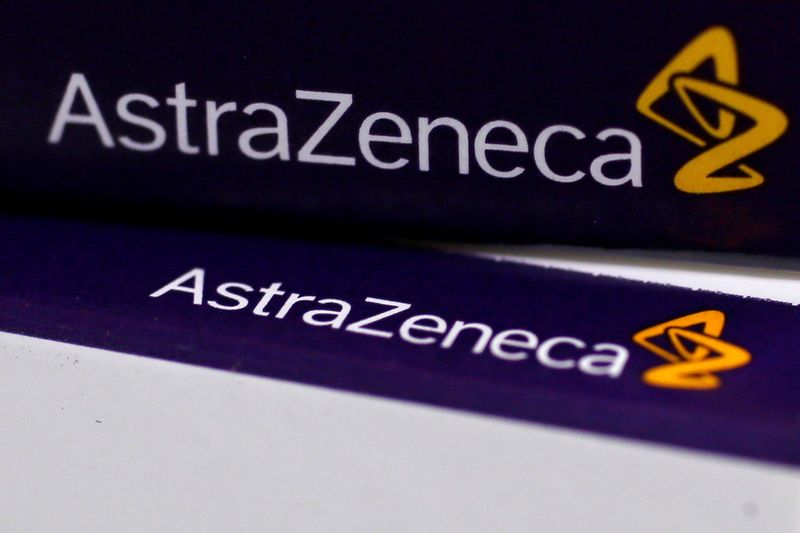By Pushkala Aripaka
(Reuters) -AstraZeneca shares fell as much as 9% on Monday, as investors moved to price in the costs of a $39 billion deal for U.S. biotech company Alexion Pharmaceuticals (NASDAQ:ALXN) that would be the British drugmaker's biggest ever corporate acquisition.
The deal, announced over the weekend, is also one of the biggest in an already bumper year for mergers and acquisitions and at current market prices will be almost two-thirds funded with AstraZeneca (NASDAQ:AZN) shares.
The terms of the deal give Alexion shareholders $60 in cash and about $115 worth of equity per share, working out at a premium of more than $50 per share according to Reuters calculations.
Analysts from two brokerages, Cowen and Liberum, called the price respectively "considerable" and "hefty", while praising the quality of the assets AstraZeneca was buying.
AstraZeneca shares were down 5.9% at 7,676 pence by 1048 GMT, wiping roughly 7 billion pounds ($9.4 billion) off its market value of 107.1 billion pounds, as of its last close.
The deal is a bet on rare-disease and immunology drugs that will aid Chief Executive Pascal Soriot in his bid to broaden AstraZeneca's drug portfolio further after a successful push into cancer treatments.
Some analysts wondered if the $175 per share price tag left room for a competing bid but Soriot said on Saturday that the deal was the result of exclusive talks and that no competitive bidder had been involved.
Shares in Alexion surged to more than $163 a share, enough to suggest investors believed the deal would succeed but stopping well short of pricing in a bidding war. The company would also have to pay AstraZeneca up to $1.2 billion to walk away from the deal.
Alexion shares in 2015 traded as high as $200 a share and the deal follows pressure from hedge fund Elliott Management to complete a sale.
In eight years at the helm https://www.astrazeneca.com/our-company/leadership.html#, Soriot has made AstraZeneca one of the pharmaceutical world's success stories, raising profits and broadening its portfolio.
Shares of the company, however, have now lost around 17% since hitting a peak in July, as rivals Pfizer (NYSE:PFE) and Moderna (NASDAQ:MRNA) moved ahead in the race to get their COVID-19 vaccines approved.

($1 = 0.7455 pounds)